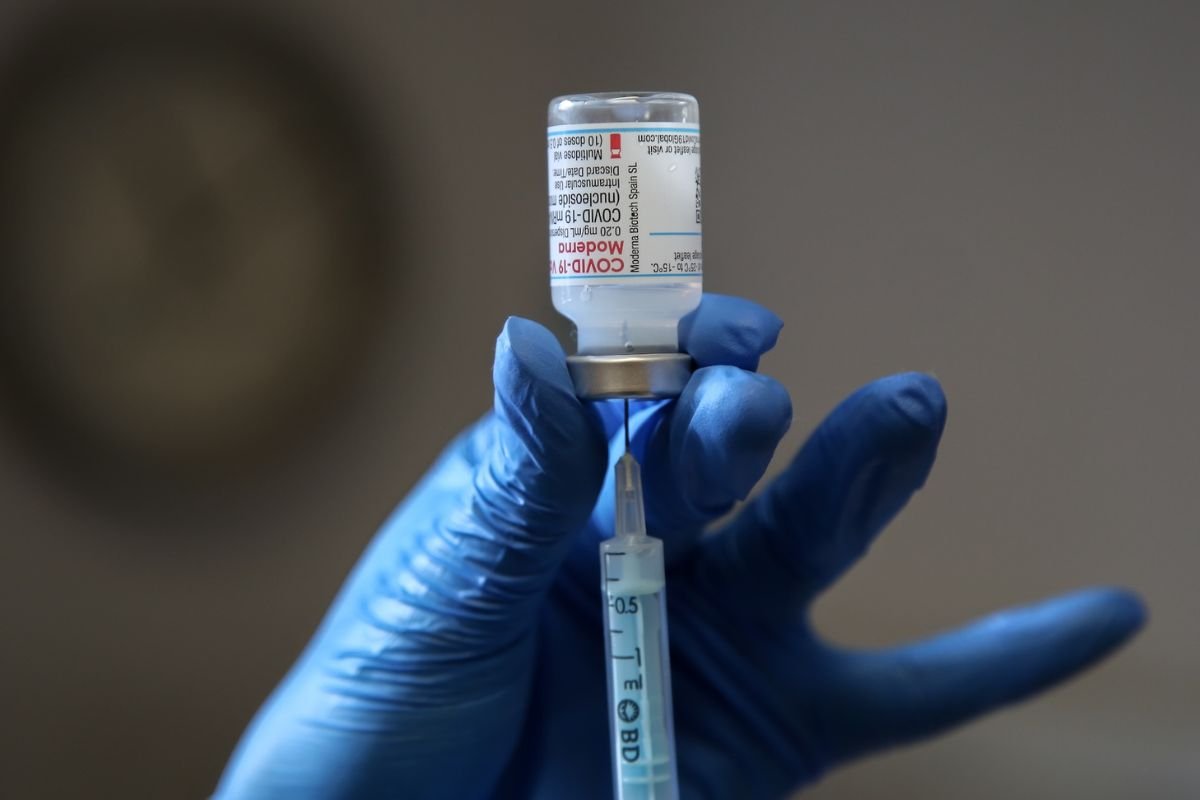The U.S. Department of Health and Human Services (HHS) has announced it will end federal funding for messenger mRNA vaccine development, reallocating approximately $500 million from 22 ongoing projects to research focusing on whole-virus vaccine technologies.
The shift marks a significant change in federal biomedical investment strategy. mRNA vaccine development has been central to recent public health responses, including the COVID-19 pandemic, and remains a leading area of research globally. Health experts say the change could influence innovation timelines, industry priorities, and patient access to future vaccines.
Research and Industry Implications
HHS stated the redirected funds will support the development of whole-virus vaccines, which use weakened or inactivated viruses to trigger immune responses. These vaccines are a long-established approach in immunology and are currently being evaluated for their potential to address both emerging and persistent infectious diseases.
mRNA vaccines work differently, delivering genetic instructions that prompt the body’s cells to produce a harmless piece of a virus, training the immune system to recognize and fight future infections. This technology is valued for its adaptability, allowing for rapid updates when new viral variants appear.
“mRNA technology continues to demonstrate potential for infectious disease prevention and even certain cancer therapies,” said Jeff Coller, Bloomberg Distinguished Professor of RNA Biology at Johns Hopkins University. “Changes in funding could slow U.S.-based progress, which might encourage companies to shift more development overseas.”
Analysts note that reduced federal investment may cause some biotechnology firms to re-evaluate their research pipelines. While larger companies may continue independently, smaller firms could face challenges without public-sector support, potentially altering the pace of innovation.
Potential Effects on COVID-19 Vaccine Availability
The funding decision coincides with a period of uncertainty about COVID-19 vaccination schedules in the United States. Updated guidance for the fall vaccination season has yet to be issued by the federal Advisory Committee on Immunization Practices (ACIP), which last convened earlier this year.
Current federal recommendations prioritize COVID-19 vaccines for adults aged 65 and older, as well as individuals with specific health conditions. Insurers and large employers have indicated they will continue covering vaccines approved by the Food and Drug Administration (FDA), but coverage policies could shift if federal recommendations change.
Public health organizations stress the need to maintain vaccine availability for healthcare workers, caregivers, and other populations that could be at elevated risk of exposure or severe illness.
Global Context and Outlook
Internationally, investment in mRNA vaccine development remains strong, with countries in Europe and Asia expanding programs aimed at combating infectious diseases and advancing therapeutic applications. Experts warn that a reduction in U.S. funding could result in increased reliance on foreign innovation for future biomedical breakthroughs.
The Centers for Disease Control and Prevention (CDC) is expected to release updated COVID-19 vaccination guidance in the coming months. In the meantime, healthcare providers are advising patients to consult on current vaccine options and make decisions based on personal risk factors.
The funding reallocation highlights the evolving priorities in vaccine research and the ongoing balancing act between advancing established technologies and fostering newer, adaptable platforms.
Source: https://www.nytimes.com/2025/08/07/health/kennedy-vaccines-mrna-trump.html







